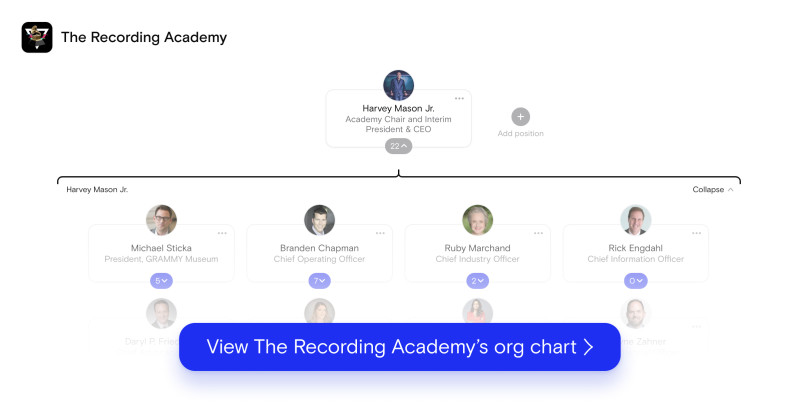- Iterate
- Meet The Team
- Who Actually Works for the Grammys?
The people behind-the-scenes of the Recording Academy's org chart, from chief executive to museum curator to chief advocacy officer.
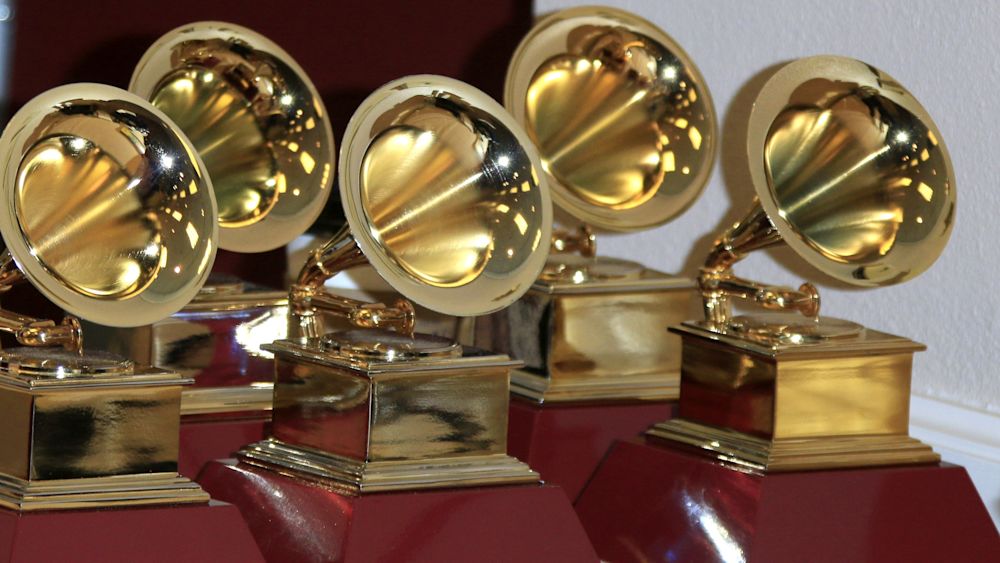
The Recording Academy, the organization behind the Grammy Awards, is made up of thousands of musicians, songwriters, producers, engineers, and other creators. All members in good standing (there's around 11,000 of them) are allowed to vote on the awards, which makes winning a Grammy an even more prestigious honor as it comes directly from peers.
Postponed from its original night in January to March 14, this year’s show will unsurprisingly look a little different. There won’t be a live audience, and mega-artists like Billie Eilish, Taylor Swift, Harry Styles and BTS will perform on separate stages to bring the vibe of what CBS’s executive-producer and first-time showrunner Ben Winston calls “part Grammys, part Abbey Road studio session.”
But who is the team that works at the Recording Academy when the lights go off at the Staples Center? And what do they actually do? Take a look at this breakdown of the Academy’s org chart, from chief executive to museum curator to chief advocacy officer.
Harvey Mason Jr. runs the org as Recording Academy Chair and Interim President and CEO. Mason Jr. is a seasoned music executive and has penned and produced songs with artists like Beyonce, Elton John, Whitney Houston, and Justin Timberlake.
Mason Jr. arrived at a time when the music industry was in turmoil. His predecessor, Deborah Dugan, was fired just days before the 2020 Grammy Awards after serious allegations of misconduct arose. The annual event has prompted national backlash before over a lack of diversity in nominees and winners, and this past year in the aftermath of the deaths of George Floyd and Breonna Taylor, a broader discussion of discrimination in the music industry swept the internet through the viral hashtag #TheShowMustBePaused.
So when Mason Jr. took over the reins in January 2020, transparency, diversity and inclusion was a main priority. Leading this effort is chief diversity and inclusion officer Valeisha Butterfield. Under Butterfield’s leadership, the Academy created the Black Music Collective, a group of prominent Black music creators and professionals with the common goal of amplifying Black voices within the Academy and the wider music community. She also is overseeing the development of a diversity and inclusion toolkit for the industry, which is in the works to come out later in 2021.
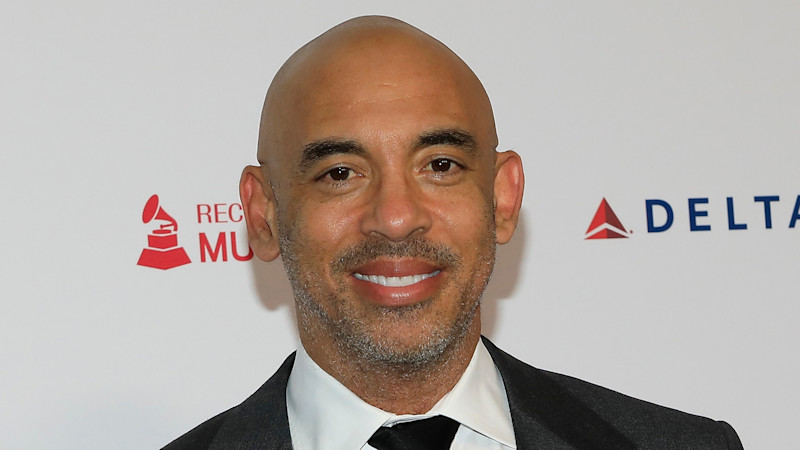
As Chairman, Mason Jr. presides over all Board of Trustee meetings at the Academy and chairs the Executive Committee. He basically represents the “Academy” and its members in all of the Academy’s business. So when brought up with the dilemma of whether or not to hold this year’s event in light of the pandemic, Mason Jr. ultimately had the final call.
“Music in general serves a very necessary purpose, especially in a time when we’ve had so much divisive behavior and so many different events that have happened that have been hard to deal with and tearing the fabric of our country,” Mason Jr. said in an interview with Rolling Stone.“I don’t want to make ourselves sound overly important, but I do think that music plays a vital role in where we go in the future, and how we turn the corner on the next chapter of what we do as a society. And for us, the show was an important platform. It was a chance for us to come together, take a breath and relieve each other and enjoy some musical moments.”
Rex Supa, VP of Production & Event Operations, will have a hand in making sure the live telecast special runs smoothly. He will be working in tandem with CBS’s Winston to coordinate event management, venue logistics and credentialing, though a large part of his job in ticketing will be put on the back burner this year.
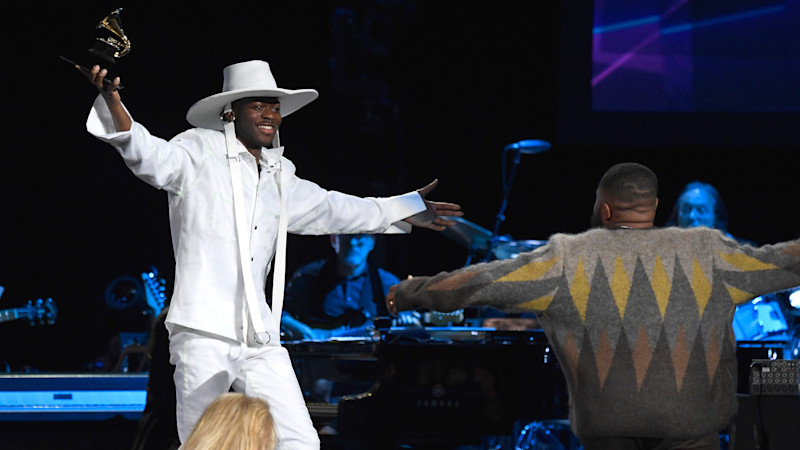
Headquartered in Santa Monica, California, the Recording Academy works year-round running events, charities and nonprofits, setting up performances, a museum, and of course, putting on the annual television event.
Turning the wheels of the machine throughout the year is COO Branden Chapman. Chapman leads the entertainment/consumer division, which is in charge of telecast specials, digital series and content. He collaborates with Mason Jr. on revenue growth, expense management and the execution of his division. He previously worked for the Academy as a Production Executive, launching events with artists like JAY Z, Lady Gaga, John Legend, Sam Smith, and Whitney Houston.
Standouts from Chapman’s team include Debbie Carroll, VP of MusiCares. MusiCares is the charity arm of the recording academy that offers health and welfare services such as mental health and addiction recovery and paying basic living expenses like rent and food for those struggling in the music community.
A different form of advocacy, Daryl Friedman fights for creators’ rights every day in his job as Chief Advocacy Officer. He and his team work to make sure musicians and their work are protected under copyright law. Previously the director for external affairs at Wolftrap National Park for Performing Arts, he’s been with the Academy since 1997. A D.C. native, Friedman has grown the Grammy’s Washington D.C. office to five people and launched GRAMMYs on the Hill, Washington’s largest annual music advocacy program.
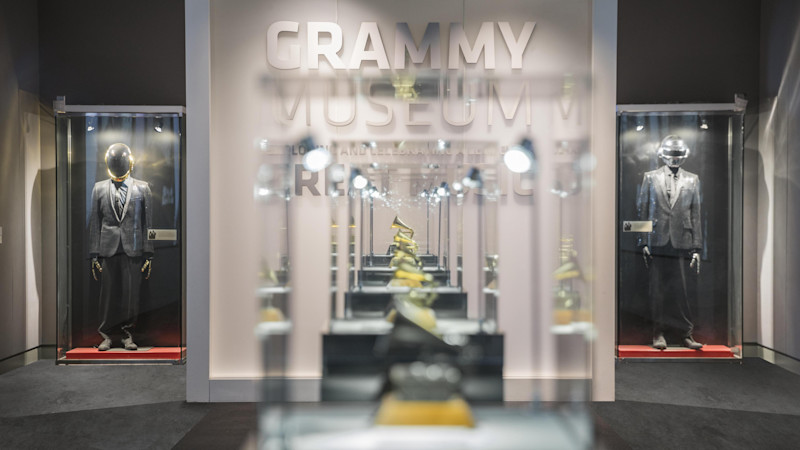
In a normal year, lines of tourists and music fans alike would be flowing out of the GRAMMY Museum in downtown Los Angeles. Guests can wander through exhibits dedicated to American music and music festivals or even walk on a replica of the Grammy red carpet. Founding Executive Director Bob Santelli looks over these exhibits and was instrumental in opening offsite museum locations — like this one in New Jersey. Before he came to the GRAMMY Museum, Santelli was one of the original curators of the Rock and Roll Hall of Fame and Museum in Cleveland.
Santelli directly reports to Michael Sticka, President of the GRAMMY Museum Foundation. Sticka is responsible for all the strategy and growth of the foundation, and oversees all the educational programs and exclusive artist performances that the foundation has to offer.
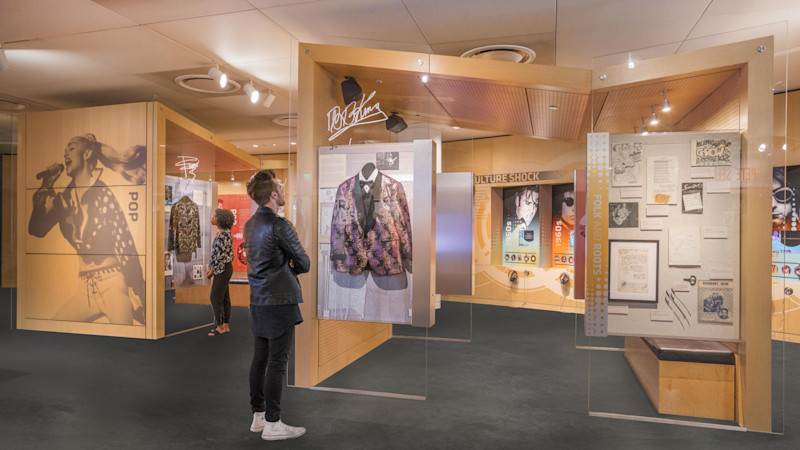
While the Recording Academy seems to be running as a well-oiled machine, it’s top leadership isn’t set in stone. Mason Jr. is currently serving on a volunteer basis, and is helping conduct a CEO search for the next right fit to lead the Academy in the future. After incidents with Dugan and enormous public pressure on the Academy, Mason Jr. knows it's not a decision they can take lightly.
“I hate to put a timeline on it but it’ll take us a little while to find the right candidate—it’s not a job that you can just plug people into—so I’m here indefinitely until that process is completed,” Mason Jr. said in an interview with Pitchfork.
There is no timeline for when the Academy wants to find its next captain, according to Mason Jr., but a search committee is already underway.
Create your own free org chart today!
Show off your great team with a public org chart. Build a culture of recognition, get more exposure, attract new customers, and highlight existing talent to attract more great talent. Click here to get started for free today.
In this article


The ORG helps
you hire great
candidates
Free to use – try today
